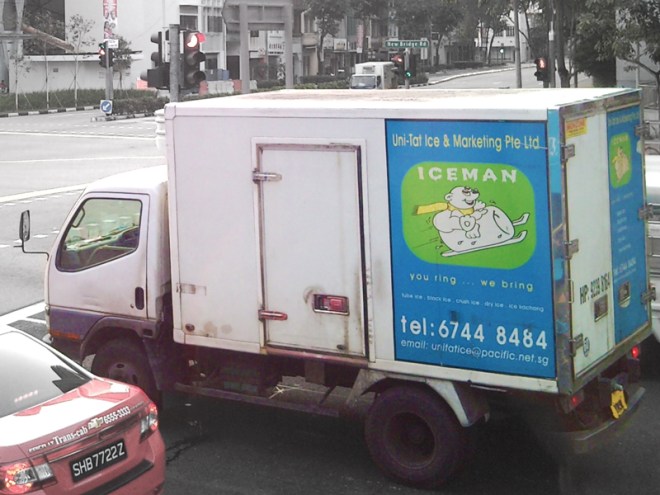In Railroad Tigers, Jackie Chan’s character is a Chinese villager living under the yoke of the Japanese army during WWII. He is the leader of a secret rebel group, the Flying Tigers. He leads the small, patriotic group on raids to harass and steal from Japanese soldiers stationed on the trains that pass through his village. They aren’t soldiers, though, and although they constantly risk getting caught, they never really accomplish much. What can they do to truly help their country? When a wounded soldier tells them he has failed in his mission to blow up an important bridge nearby, they know what to do… but not how to do it. Will they succeed?
Almost the whole film happens on a train, though there are some scenes in the village as well. I laughed a lot and thoroughly enjoyed it. Those who have disparaging things to say may have found the pro-China and anti-Japanese themes distasteful; or they may dislike silly action movies, since many action movies these days are gritty, dark, or at least largely serious in tone; or perhaps it’s partly just that they’re English speakers who don’t like having to experience jokes via subtitles.
In fact I wish my Mandarin (and my Japanese) were stronger, because then I’d have been able to appreciate the dialog better. Nevertheless, even though I mostly had to rely on the English subtitles to understand the dialog, it was still hilarious. And you don’t need subtitles for the slapstick comedy, anyway; you could get a fair amount of enjoyment from the movie even with the subtitles off—assuming you like slapstick.
In fact, the main reasons I like Jackie Chan’s movies are: (a) they’re silly, and (b) each of his characters is charmingly and effectively protective. Moreover, as other reviewers unfailingly point out, it’s amazing that Jackie Chan is still not just alive but also kicking. Hats off to an amazing and very dedicated lifelong artist!
Watch on Amazon
I’m looking forward to the next Jackie Chan movie already, and I don’t have long to wait: Kung Fu Yoga is being released in Singapore this week.












